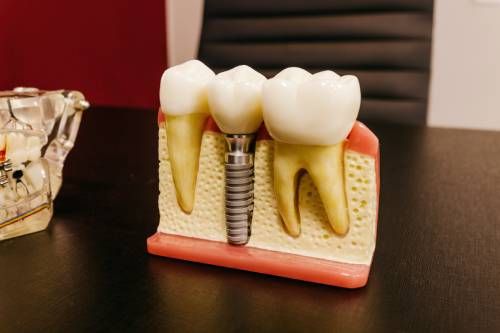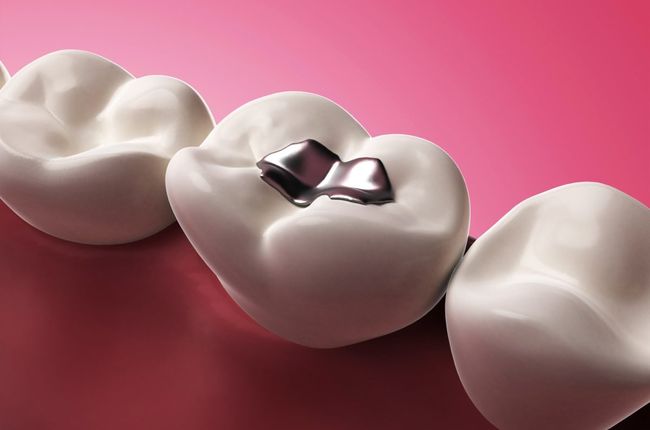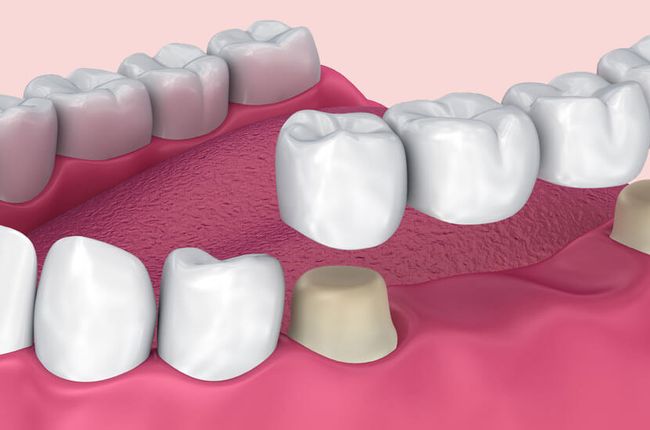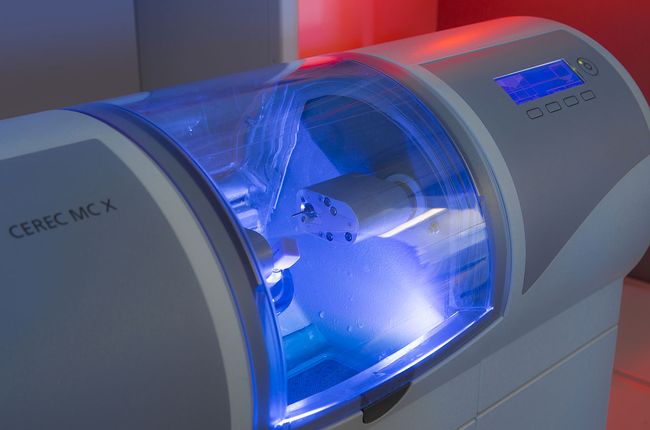While it may be common knowledge that smoking has detrimental effects on your teeth, the risk it poses to implant failure is relatively unexplored. Typically, dental implants have a high success rate, with 95% of implants still being functional after 10 years of installation. However, two-thirds of those that fail belong to patients who are smokers.
Nicotine Constricts Blood Vessels in The Mouth
Tobacco contains a significant amount of nicotine. Thus, by constricting oral blood vessels, it inhibits the flow of antibodies and nutrients to the gums and teeth. Restricted blood flow and the teeth and gum's inability to acquire the necessary nutrients prevent it from healing and securing the implants in place. As a result, the implants are less stable and durable than in non-smoking patients.
Dry Mouth Makes It Difficult For Gums To Heal
The presence of dry mouth in smokers also makes it harder for the patients' gums to heal efficiently after an implant installation. Dry mouth is caused by damage to the salivary glands and thickening of the mouth's skin due to scalding by inhaled smoke.
How To Reduce The Risk Of Implant Failure
The best way to reduce the risk of implant failure is as simple as quitting smoking, but that can prove difficult for many patients. Therefore, they can consider abstaining from smoking and other nicotine products at least a week before the implant surgery. Abstaining for two weeks will reduce the risk even further. Furthermore, following healthy oral habits such as brushing your teeth at least twice a day and flossing once will help secure your implants for several years.
For more information on how smoking can affect your oral health, call us at (541) 316-5499 and book an appointment!














